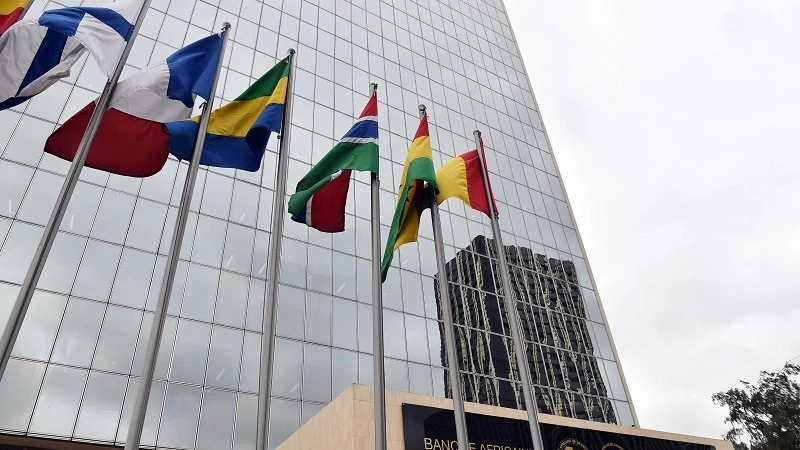High gold prices to improve foreign exchange market

The increase of gold price in the world market is expected to improve the country’s foreign exchange through increase of foreign currency inflows, in a time when the country is facing the shortages of dollar.
The Bank of Tanzania Monthly Economic Review for August indicates that exports earning from gold amounted to US$3.1 billion (equivalent to 8trn/-) during the year ended in July, 2024, from US$2.9 billion recorded during the year ended in July 2023.
In September 2024, gold prices remain elevated due to ongoing market uncertainty and rising demand.
The price of gold is currently hovering around $2,400 per ounce, reflecting its role as a safe haven amidst global economic concerns.
Analysts expect prices to stay strong, with some forecasting potential increases toward $2,600 per ounce by the end of the year.
This is driven by factors such as geopolitical tensions, potential interest rate cuts, and increased gold demand from sectors like technology and investment.
The central Bank report shows other sectors which will help to improve the foreign exchange market include, tourism following measures implemented to promote tourism activities, and exports of cash crops (mainly cashew nut, tobacco, coffee and cotton) and food crops (largely maize and rice to neighbouring countries).
The central bank is also expected to increase foreign reserves through the domestic gold purchase program.
On the demand side, a significant improvement is expected from reduced imports of fertilizer, edible oil, and sugar.
In addition, the decision to require domestic payments to be settled in shilling is expected to ease pressure on foreign exchange.
Given the stable macroeconomic and business environment, foreign direct investment and portfolio inflows are also expected to increase.
These domestic factors will be complemented by the improving global financial conditions.
For the local market, the report shows Interbank Foreign Exchange Market Foreign exchange improved substantially in July 2024, with notable transactions and banks' participation in the Interbank Foreign Exchange Market (IFEM).
The improvement resulted from a seasonal increase in tourism and crop exports. The export of gold also continued to contribute the most to foreign exchange earnings while imports declined slightly.
The outturns in exports and imports led to a sustained improvement in the current account balance.
The BoT report shows the current account deficit narrowed to US$2,497.5 million for the year ending July 2024, down from USD 4,460.6 million during the same period in 2023.
Transactions in the IFEM amounted to US$15.3 million compared to USD 9.3 million recorded in June 2024.
The central bank participated in the market, on both sides and in accordance with the intervention policy. This led to a net sale of US$ 2.5 million.
The exchange rate remained stable, depreciating steadily against the US dollar.
On average, the shilling traded at 2,663.76/- per US dollar, compared with 2,626.07/- per US dollar in the preceding month.
On an annual basis, the shilling depreciated by 12.6 percent and there were no major misalignments in the exchange rate.
As of September 2024, the Tanzanian shilling is facing challenges in maintaining its value against major currencies, notably the US dollar.
According to Wise, the global currency converter, the Tanzanian shilling exchange rate has been hovering around 2,716/- per USD, with minor fluctuations over recent days.
This decline reflects ongoing economic pressures, including inflation and external market influences.
However, the Tanzanian government continues to take steps to stabilize the shilling by bolstering reserves and adjusting monetary policies to manage currency fluctuations.
In June 2024, the Bank of Tanzania (BoT) maintained a cautious monetary policy stance aimed at managing inflationary pressures and stabilizing the Tanzanian shilling.
Top Headlines
© 2024 IPPMEDIA.COM. ALL RIGHTS RESERVED

























